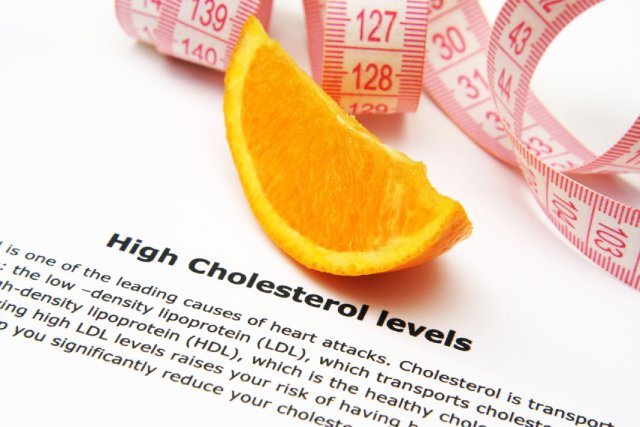Cholesterol is a waxy substance that is found over your entire body. It aids in the production of cell membranes, some hormones, and vitamin D [1]. There are two kinds of cholesterol: HDL (high-density lipoprotein) and LDL (low-density lipoprotein). LDL is often referred to as the “bad” cholesterol because it is difficult for the human body to break down its structure. On the other hand, HDL is often considered the “good” cholesterol which the human body consumes to remove cholesterol and plaque from the blood. A large build-up of LDL can cause the arteries to be blocked, which causes chest pain and heart problems.
There are many ways a person can lower their LDL levels and one of the simplest ways is by improving their daily diet. It is vital that a person with high LDL avoid foods high in saturated fats. Foods such as soy, avocadoes, salmon, garlic and spinach are all examples of ingredients that are good for someone trying to reduce their LDL levels.
For people who have high cholesterol, salmon and other cold water fish are especially effective, as they help lower LDL levels and increase HDL levels. Fish are also high in protein and a dinner staple for people with high LDL levels. Also, substituting the kind of oil used in cooking can make a difference in controlling cholesterol. Using avocado oil or olive oil is a much better option than using vegetable oil. Making slight variations like these makes a significant impact on your health as a whole.
Sources:
[1] Cholesterol, LDL, HDL and Triglycerides in Children and Adolescents. Stanford Children’s Health. Retrieved from: http://www.stanfordchildrens.org/en/topic/default?id=cholesterol-ldl-hdl-and-triglycerides-in-children-and-adolescents-90-P01593

